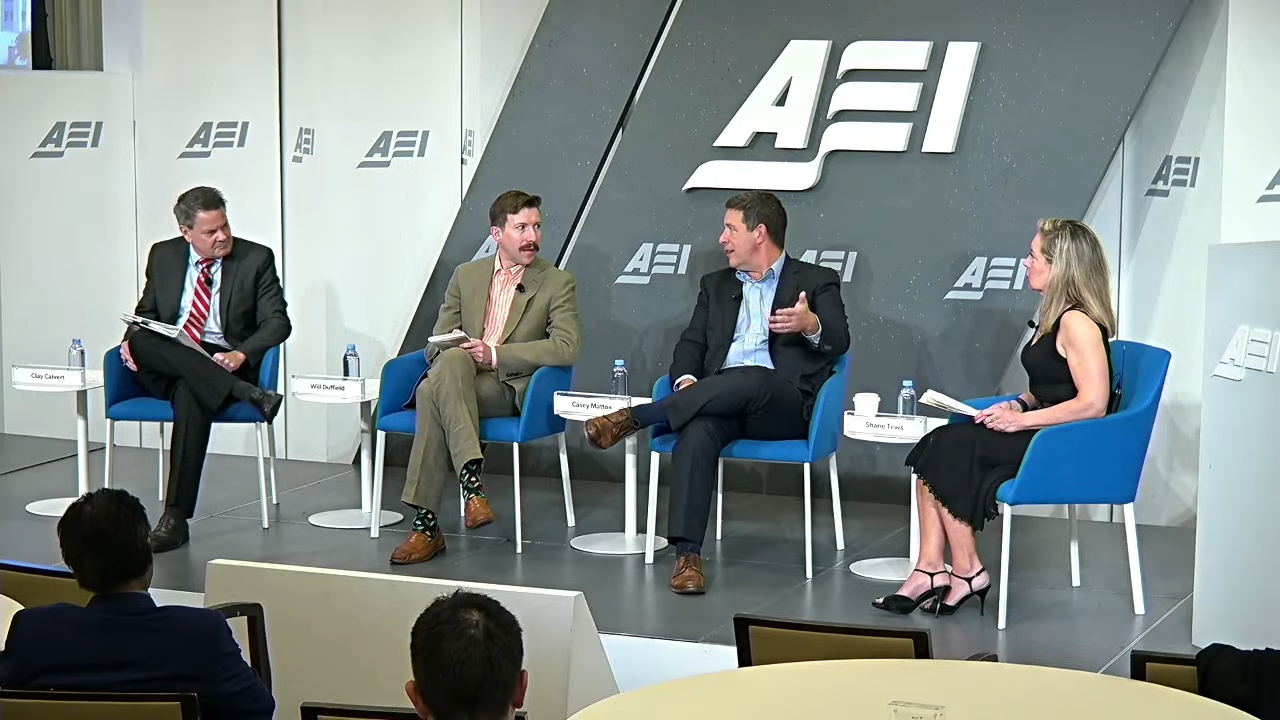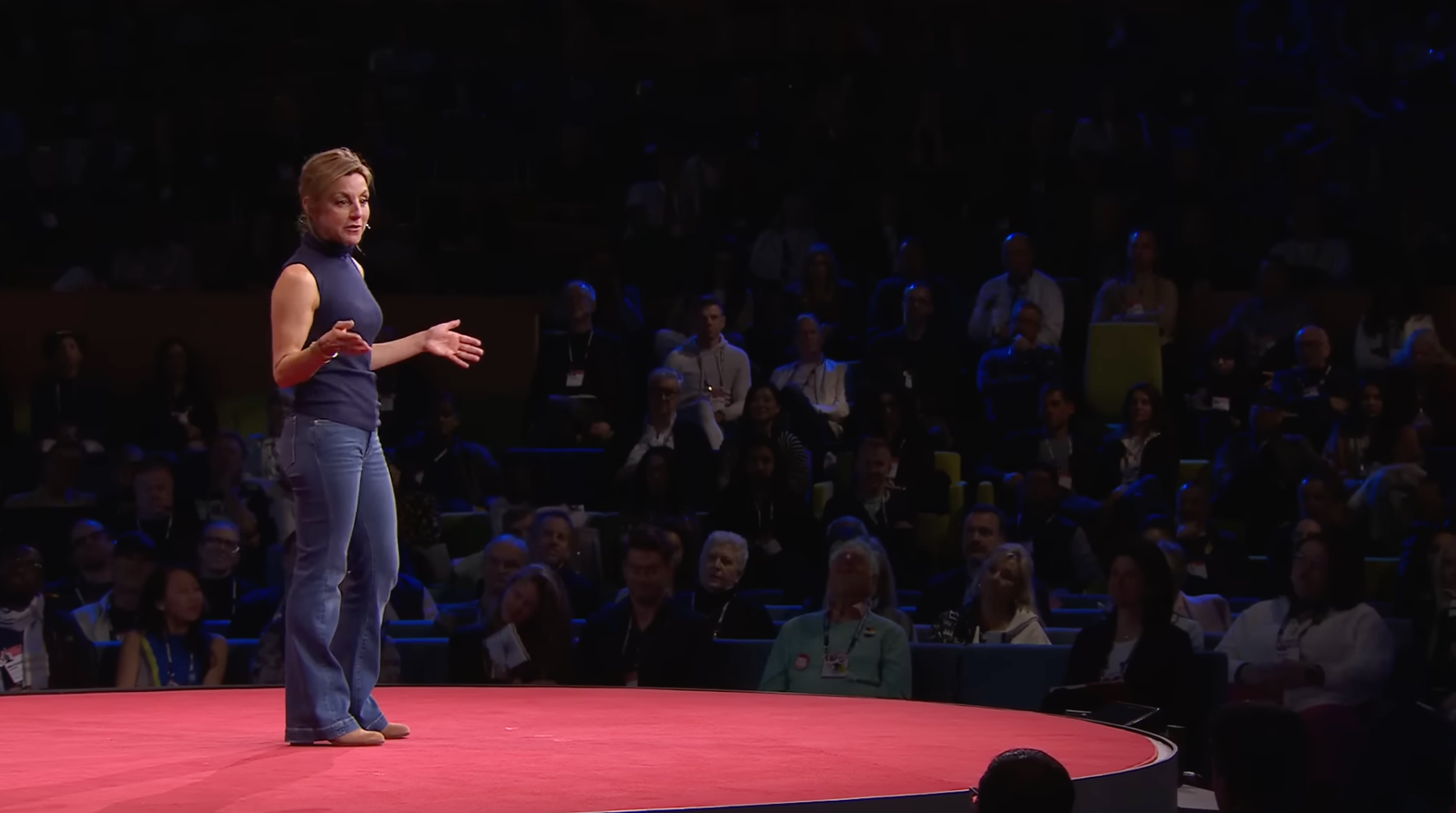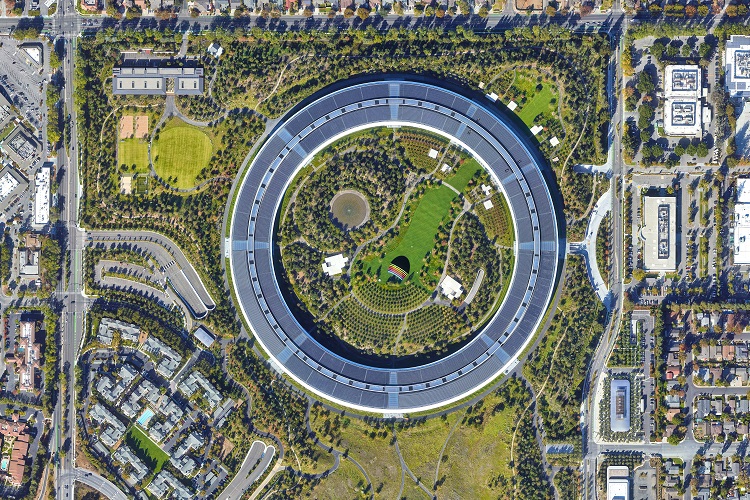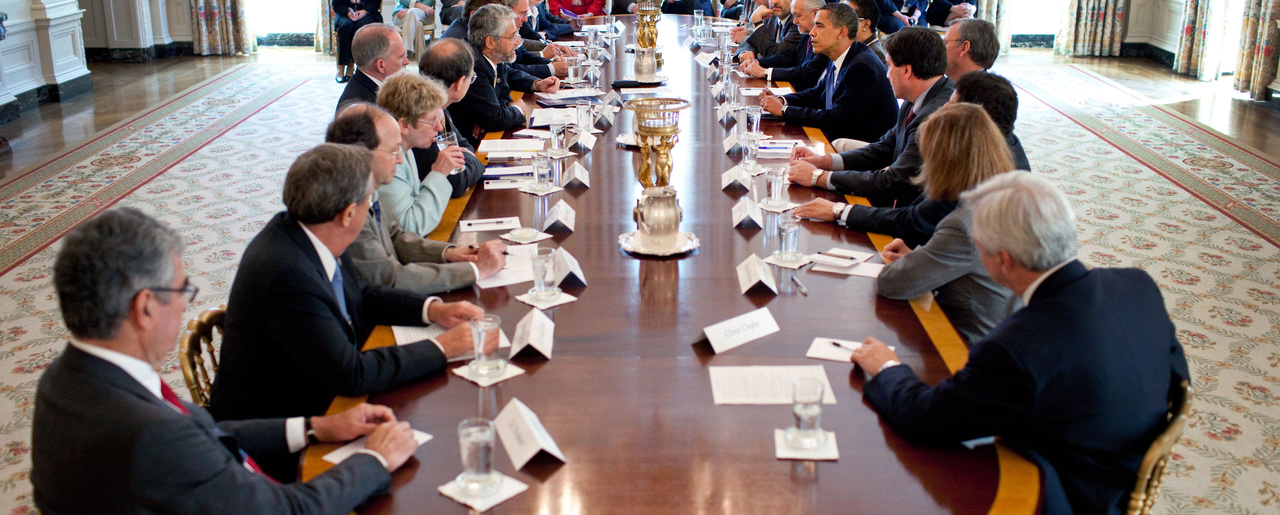Welcome to Our Research Archive
Search and filter by content type, issue area, author, and keyword

September 11, 2024
The Extinction of Experience: A Book Event with Christine Rosen

September 10, 2024
Jawboning: Weighing Government Influence over Online Platforms’ Censorship Practices
Event Summary On September 10, AEI’s Shane Tews moderated a panel exploring the legal implications of government involvement in free speech. Following a showing of the Federalist Society’s short film JAWBONED: Miss Information vs. Free Speech, the panel unpacked the background of the differences between Murthy v. Missouri and the National Rifle Association v. Vullo…

September 10, 2024
The Precautionary Principle, Safety Regulation, and AI: This Time, It Really Is Different
Key Points Read the pdf. The precautionary principle (PP) holds that in the face of scientific uncertainty about the outcomes of deploying a new technology, and especially when serious or irreversible damage could occur, a cautionary approach is justified—“better to be safe than sorry”—which necessitates strictly regulating the technology’s release. The PP has long been…

September 3, 2024
How Testosterone and Culture Shape Behavior
In this TED Talk, evolutionary biologist and AEI nonresident fellow Carole K. Hooven delves into how testosterone impacts the body and brain, interacting with culture to create differences in human behavior — starting with why boys tend to prefer rougher play than girls.

August 24, 2024
A RealClearEnergy Conference Well Worth Your Time
The Biden administration is a full-employment act for energy/environment policy analysts, in particular those interested in defending the market allocation of resources, the national wealth and freedom inherent in expansion of efficient energy technologies, and resistance to the diktats and impoverishment—the central anti-human stance—favored by the environmental left, the bureaucracy, and many “experts.” It is…

August 5, 2024
The Four Fault Lines in AI Policy
For a while in my life, I thought I wanted to be a communications professor. I even pursued a master’s in new media and communication studies for two years. That time resulted in some bittersweet memories—I never finished this graduate degree, opting instead to study economics later—but one of the best things it gave me…

July 17, 2024
Recovering Science Policy
Key Points Executive Summary The aftermath of a global public health crisis, combined with the rise of populism at home and growing economic and security threats abroad, has persuaded a wide swath of Americans that a more interventionist state is needed to shore up, promote, or protect particular sectors of the economy. This has led…

June 5, 2024
How New Graduates Can Thrive in a Workplace Dominated by AI
Dwight Eisenhower’s advice about plans and planning is still relevant today On June 6, the world will mark the 80th anniversary of the D-Day landings and the 40th anniversary of Ronald Reagan’s 1984 “the Boys of Pont du Hoc” speech honoring those who helped turn back the Nazi threat on the beaches of Normandy. We are now as far from Reagan’s speech as the speech was…

May 15, 2024
Automation Isn’t Just One Thing: Insights from Two Census Datasets
Two recent datasets from the Census help to illuminate what’s occurring in robotics and in artificial intelligence adoption. While they have their limitations, both the Annual Capital Expenditures Survey (ACES) for robotic equipment and the Business Trends and Outlook Survey (BTOS) AI supplement offer valuable information on the progress of automation. Annual Capital Expenditures Survey…

April 25, 2024
The AI ecosystem is complex and dynamic: Its regulation should acknowledge that
Last Thursday, Meta announced the newest iteration of its large language model (LLM), Llama 3. The newest model will aim to dislodge OpenAI as the market leader through various improvements driven by what Meta claims to be “high quality” data training sets and new computer programming capabilities. Meta’s chief product officer, Chris Cox, predicts that future versions of…